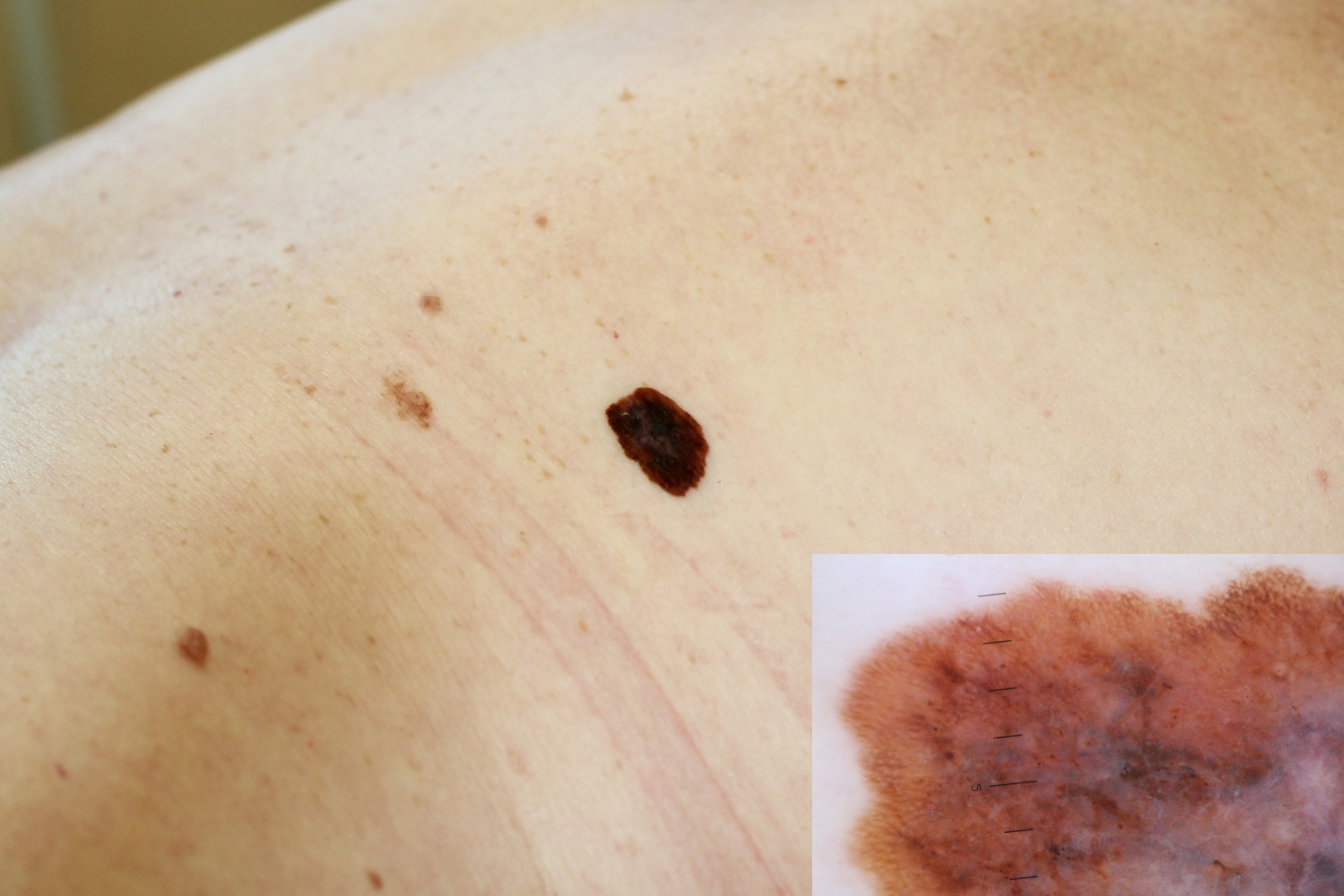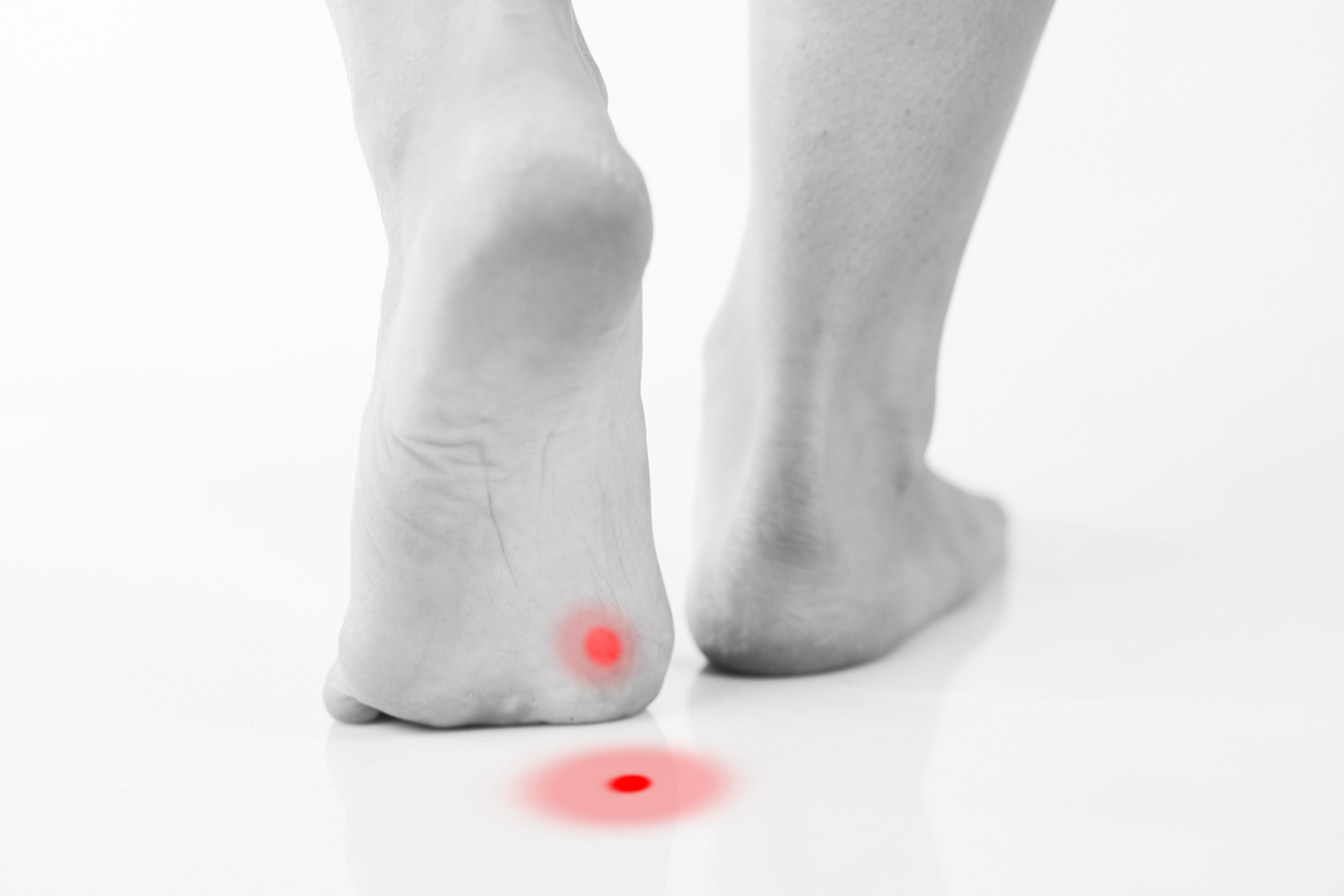Understanding How Skin Cancer Spreads: What You Need to Know

At Fall Creek Skin and Health Clinic, we prioritize the health and well-being of our patients. One of the most critical topics we address is skin cancer—a disease that can affect anyone, regardless of age or skin type. Understanding how skin cancer spreads is essential for early detection and effective treatment.
The Basics of Skin Cancer
Skin cancer is primarily categorized into three types: basal cell carcinoma, squamous cell carcinoma, and melanoma. While basal and squamous cell carcinomas are more common and generally less aggressive, melanoma is known for its ability to spread quickly to other parts of the body. This makes understanding how skin cancer metastasizes vital for everyone.
Local vs. Systemic Spread
Skin cancer typically starts in the outermost layer of the skin, but if not identified early, it can penetrate deeper layers and spread. When skin cancer spreads from its original site to nearby tissues or lymph nodes, it is known as local spread.
For melanoma, the spread can be systemic, meaning it can travel through the bloodstream to distant organs such as the lungs, liver, or brain. This is why early detection—through regular skin checks and awareness of changes in your skin—is crucial.
The Role of Lymphatic System
The lymphatic system plays a pivotal role in how skin cancer can spread. Once cancer cells invade nearby tissues, they can enter the lymphatic system and travel to lymph nodes. These nodes act as filters, and if cancer is detected in the lymph nodes, it signals a more advanced stage of the disease. Keeping track of any swollen lymph nodes during your self-exams can aid in early detection.
Risk Factors for Skin Cancer Spread
Several factors can increase the likelihood of skin cancer spreading:
1. Skin Type
Individuals with fair skin, light hair, and light eyes are at a higher risk of developing skin cancer.
2. Sun Exposure
Prolonged exposure to ultraviolet (UV) rays from the sun or tanning beds can damage skin cells, leading to cancerous growths.
3. Personal History
Those with a previous history of skin cancer are at an increased risk for recurrence and spread.
4. Immune System
A weakened immune system can hinder the body’s ability to fight off cancer cells.
Importance of Early Detection
Early detection plays a crucial role in treating skin cancer effectively. Regular skin checks, self-examinations, and professional evaluations can help catch abnormalities before they spread. Look for changes in existing moles or the appearance of new growths, and report these to your healthcare provider.
At Fall Creek Skin and Health Clinic, we recommend scheduling a skin exam at least once a year. However, those with a higher risk should consider more frequent evaluations.
Stay Informed, Stay Healthy
Understanding how skin cancer spreads empowers you to take proactive steps in managing your skin health. Regular check-ups and awareness of skin changes are your best defenses against skin cancer.
If you have any concerns or questions about skin cancer or need to schedule an appointment, contact us at Fall Creek Skin and Health Clinic. Your skin health is our priority, and we are here to help you stay informed and healthy.



Need Our Services?
Book a free consultation

Our promise is to offer high-quality medical attention at a fair price in a clean, friendly, and professional environment.
QUICK LINKS
BUSINESS HOURS
- Mon - Thu
- -
- Friday
- -
- Saturday
- Appointment Only
- Sunday
- Closed
All Rights Reserved | Fall Creek Skin and Health Clinic |
